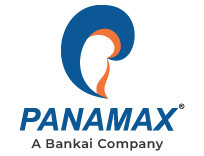We are all aware that every industry, including fintech, has been impacted by COVID-19. We’ve been hearing about so many banks shutting down their branches during the pandemic, stock markets on a break, consumer spending went down significantly, and millions of businesses and employees suffered loss of employment in the past few months. However, off the route, we have also seen some innovations in the tech sector. We have heard so many times the term the ‘New Normal’ that talks about the changes that have come from the pandemic and innovations will become a part of our business and social cultures. When it comes to fintech, it is accurate to portray COVID-19 as an accelerator, providing an opportunity to advance the adoption of digital solutions that were already emerging. The truth is, despite the challenges, fintech sector has created opportunities for governments, businesses, and customers, at the time when so many are suffering setbacks.
Fintech Industry in the Current Crisis
The fintech industry is one of those industries that has been enabling technological innovation that flared up globally, fueled by the 2008 global financial crisis. This led to the emergence of smartphones and mobile solutions for financial needs. However, with the advent of fintech solutions there evolved challenges with digital payments such as top-ups, micro-credit or micro-loan solutions. As the market matured, the industry noticed that the infrastructural transformation needs to be moved from a siloed approach to a platformification approach so that in a very comprehensive manner we are able to identify more of these fintech requirements across the industry. Open APIs also play a very important role here.
Financial inclusion is the driver of digital financial solutions to help boost economic growth. These solutions bring the efficiency with faster movement of cash and the convenience for carrying digital money and not bulky wallets for making a transaction. There also lies a Cool-Factor, the way the new generation flaunts the use of their smartphones and mobile apps like Apple Pay or Google Pay at a coffee shop or elsewhere for making payments digitally. From these attributes we see there is an applicability of Digital Financial Services Platforms from emerging economies to emerged markets.
The global financial sector is expected to be worth US $26.5 trillion in 2022 with a CAGR of 6%.
Fintech has been one of the most heavily invested industries that covers several markets such as global wallets, digital payments, digital/mobile banking, alternative payments, and ACH, and the demand for these services is massively increasing due to the pandemic. This generates the need for innovative, secured and comprehensive Digital Financial Services Platforms. Whether it is MNOs, retail businesses, financial service providers, banks, non-banking financial institutions, or governments, digital financial solution with full capabilities is the need of the hour.
The Pandemic Crisis – Immediate Implications and Resolutions
Banking Services
Implications - Due to the COVID crisis, industry has seen a lot of interesting challenges globally. There has been disruption in banking operations and services impacting profitability of banks and closure of branches.
Resolutions –
- Lending support to the banking sector and its borrowers
- Supporting non-banking Financial Institutions – Micro-loans/Micro-credit, and so on
- Supporting remote dynamic KYC and strong authentication through Digital Banking Solutions
MSMEs
Implications – The Micro Small and Medium Enterprises (MSME) sector has also been impacted especially in areas of liquidity management and debt servicing, which accounts for over 60% of the overall GDP.
Resolutions –
- Injecting liquidity and easing monetary conditions – Several countries instituted relief packages. For instance, the US COVID-19 relief of $370+ Bn, the Government of India DBT - Direct Benefit Transfer, and so on
- Mobile Financial Solutions use bulk disburse of 100s of millions of dollars via Government subsidies
Prudential Norms/CAR
Implications - Prudential Norms are regulations setup by the regulating banks or the central banks in countries and they do this for safe and accountable operations. Whereas CAR stands for Capital Adequacy Ratio and this specifies the minimum cash flow the banks need to maintain itself against the weighted assets. This risk can be associated with market risk, operational risk, and so on. For banks, these assets can be loans that they offer. So, the banks are mandated by the central banks to maintain certain amount of cash percentage so they can provide loans to people. The challenges with capital adequacy has impacted the borrowers to borrow money servicing the debts. hence the amount starts dropping in such a crisis, which ultimately impacts the banks and the people who borrow money to sustain the businesses.
Resolutions
- Relaxing regulations and providing credit expansions
- Relief towards servicing debts
For instance, Bank of England lowered the countercyclical capital buffer rate owing to COVID-19
Export/Import Services
Implications - The lockdown in export destinations such as the US and Europe has impacted financial vulnerability in the export sector in various countries resulting in need for additional financial support.
Resolutions –
- Using Mobile Financial Solutions to launch Alternative Payments
- An ecosystem around such Enterprise Mobile Money platform with next-gen PoS vendors and Biometrics
- Provide proximity payments from NFC range to 30 meters - merchant pay, toll roads and parking structures
Volatile Exchange Rates
Implications - Weakening currencies burden the importers with unintended costs impacting their operating margins.
Resolutions –
- G20 and affected countries should direct coordinated intervention to stabilize financial markets
- Enterprise Mobile Money supporting customer payments from certain countries with interim fixed exchange rates
What Matters Most to the Customers?
- Security and fraud – Frauds are increasing and so are security aspects to protect customer data and access. Businesses are now implementing fraud management practices and tools to mitigate risks.
- Cost Control – With the maturity of the fintech market, we have seen the evolution of small software to bigger deployments. The normed platform-based approach can boost the cost maintaining optimal TCO as well as deployment/maintenance efficiency.
- Flexibility - to deploy new services and dynamically modify existing services.
- Deployment flexibility – based on customer requirements, which can be either cloud scale, cloud native, hybrid or on-premises.
Digital Financial Solutions as a Game Changer Amidst Pandemic
COVID-19 pandemic has had an unprecedented global impact from health crisis, to economic crisis shaping a new post-COVID social paradigm. The financial inclusion has witnessed rapid growth in digital financial services and trying to bring the economic growth at par. According to a McKinsey report, one of the biggest fintech products is digital payment, which holds 25% of the fintech market. Businesses are adopting a variety of financial services such as microfinance, micro-credit, blockchain, alternative payments, personal finance, mobile wallets, digital banking, and mobile/digital money transfers.
Digital Financial Solutions play a significant role in the COVID/Post-COVID paradigm with proximity payments, remote dynamic KYC, strong authentication, and bulk subsidy disbursements. The whole fintech industry is revolving around providing the best set of services and has highly become customer centric. The post-COVID social paradigm will spur the fintech industry in a bigger way.


















